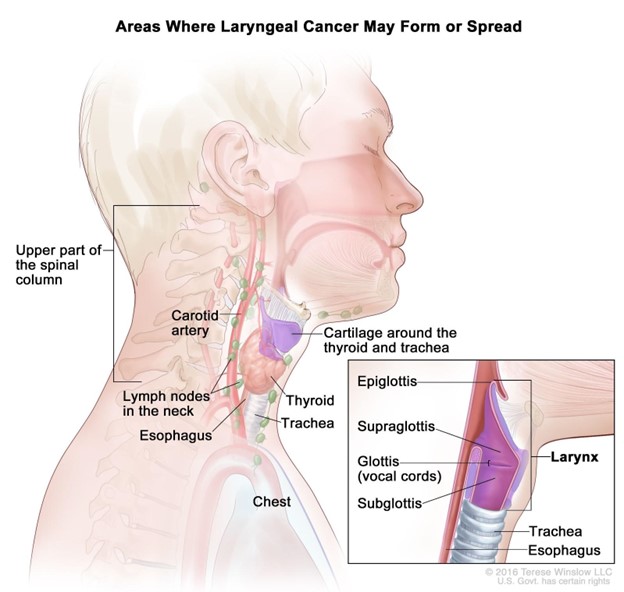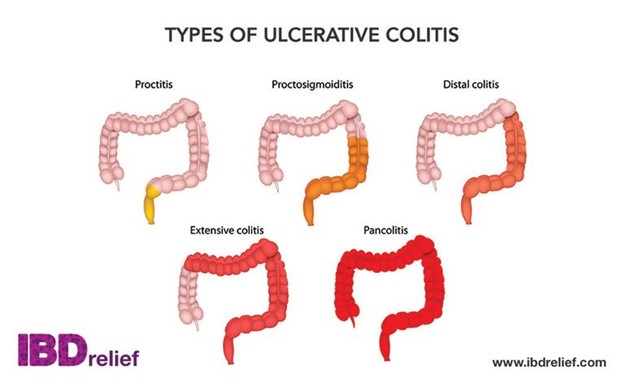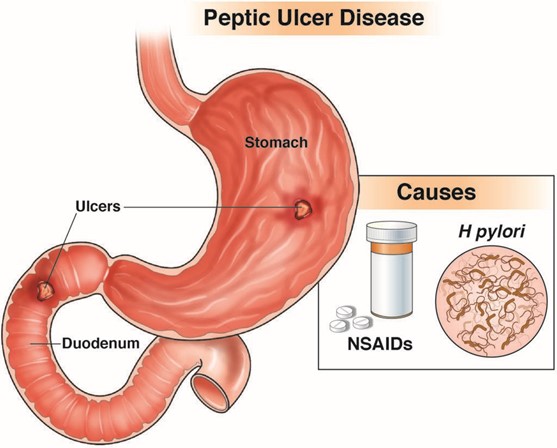A nurse is collecting data from a client diagnosed with laryngeal cancer who is postoperative following a laryngectomy. Which of the following is a clinical manifestation of a hemorrhage?
Increased pain
Continuous swallowing
Poor fluid intake
Drooling
The Correct Answer is B
Choice A Reason: Increased pain is not a specific sign of hemorrhage, but it may indicate inflammation, infection, or nerve damage.
Choice B Reason: Continuous swallowing is a sign of hemorrhage, as it indicates that blood is accumulating in the throat or esophagus and stimulating the swallowing reflex.
Choice C Reason: Poor fluid intake is not a sign of hemorrhage, but it may indicate difficulty swallowing, nausea, or dehydration.
Choice D Reason: Drooling is not a sign of hemorrhage, but it may indicate impaired oral control, salivary gland damage, or infection.

Nursing Test Bank
Naxlex Comprehensive Predictor Exams
Related Questions
Correct Answer is A
Explanation
Choice A Reason: Managing diarrhea is the priority goal for the client's care, as it helps to prevent dehydration, electrolyte imbalance, malnutrition, and infection.
Choice B Reason: Promoting rest and comfort is an important goal for the client's care, but it is not the priority, as it does not address the underlying cause of the exacerbation.
Choice C Reason: Increasing self-esteem is a long-term goal for the client's care, but it is not the priority, as it does not affect the physical condition of the client.
Choice D Reason: Promoting self-care and independence is a long-term goal for the client's care, but it is not the priority, as it does not affect the acute symptoms of the exacerbation.

Correct Answer is B
Explanation
Choice A Reason: Instructing the client to increase fluid intake is not the most appropriate nursing action, as it does not address the cause or severity of the bleeding.
Choice B Reason: Notifying the health care provider is the most appropriate nursing action, as it indicates that the client may have a bleeding ulcer that requires immediate evaluation and treatment.
Choice C Reason: Advising the client to take iron rich foods is not the most appropriate nursing action, as it does not prevent or correct anemia or bleeding.
Choice D Reason: Documenting the findings is not the most appropriate nursing action, as it does not initiate any intervention or outcome.

Whether you are a student looking to ace your exams or a practicing nurse seeking to enhance your expertise , our nursing education contents will empower you with the confidence and competence to make a difference in the lives of patients and become a respected leader in the healthcare field.
Visit Naxlex, invest in your future and unlock endless possibilities with our unparalleled nursing education contents today
Report Wrong Answer on the Current Question
Do you disagree with the answer? If yes, what is your expected answer? Explain.
Kindly be descriptive with the issue you are facing.
